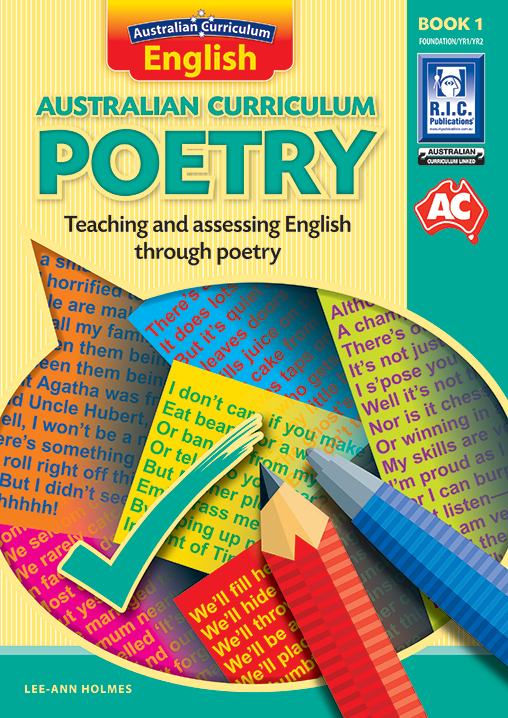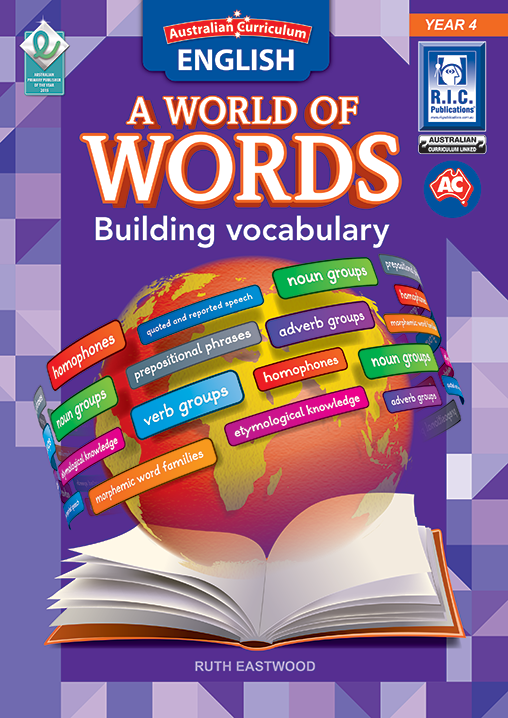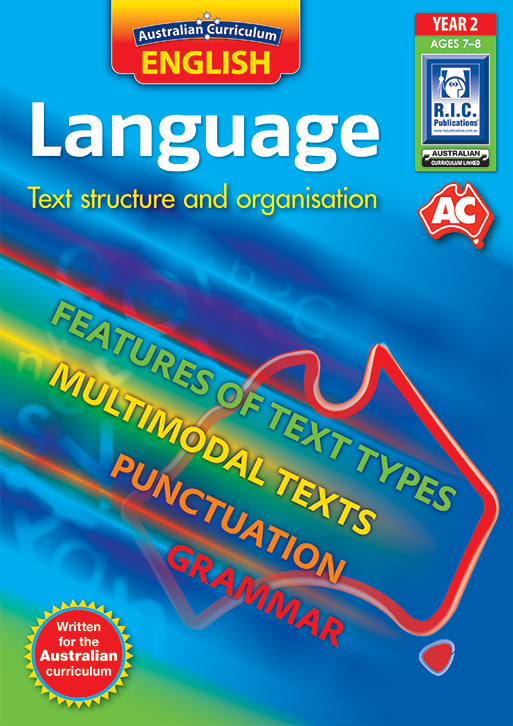- Wednesday 09 November 2016
- 0 Comments
How can you provide endless entertainment while working on pronunciation and fluency of speech? Try a classic tongue twister in honour of International Tongue Twister Day on 13 November. Not only will it be fun but it will also provide a way to exercise the muscles involved in speech, and can highlight which sounds your students may find difficult.
Tongue twisters are quite literally words or sounds that twist your tongue and baffle your brain. The brain gets confused when speaking sounds that require the use of the same part of the tongue, such as ‘s’ and ‘sh’, which require the front part of the tongue. Therefore, if these sounds are used in quick succession the brain can get confused and lose control of the mouth.
'How can I incorporate tongue twisters into classroom learning during the week?' I hear you say. Try the following ideas:
- Children spend 5 minutes a day reciting tongue twisters in front of a handheld mirror to see how their tongue and mouth move when they speak.
- Hold a competition to see who can say a series of tricky tongue twisters the fastest.
- Use tongue twisters to lead into an exploration of the language device of alliteration.
- Use classic tongue twisters such as ‘Peter Piper picked a peck of pickled peppers’ and ‘she sells sea shells by the sea shore’ to research the history behind them (they were based on actual people).
- Read one of many books filled with terrific tongue twisters; e.g. Fox in sox and Oh say can you say by Dr Seuss, Orangutan tongs by Jon Agee, Bubble trouble by Margaret Mahy and Polly Dunbar, Six sheep sip thick shakes by Brian P Cleary.
- Children can recite tongue twisters before they have to make a presentation or give a talk, as a way to warm up and relax the mouth.
- Older students may wish to attempt to write their own tongue twisters.
Here are some simple tongue twisters to get the party started:
- cheap sheep soup
- he threw three balls
- toy boat, toy boat, toy boat
- shark kite, shark kite, shark kite
- the sun shines on the shop signs
- rolling red wagons
- two tiny tigers take two taxis to town
- red leather, yellow leather
- round the rugged rocks the ragged rascal ran
- If Stu chews shoes, should Stu choose the shoes he chews?
- If two witches were watching two watches, which witch would watch which watch?
Or if you and your students are feeling super confident in your mastery of speech then try the Guinness World Record’s hardest tongue twister—the sixth sick sheikh’s sixth sheep’s sick.
If you want to know more about the psychology behind why certain sounds and phrase combinations trip us up, then this article may be able to answer your burning questions.
For more great Australian Curriculum resources to promote language development, check out the titles below.



